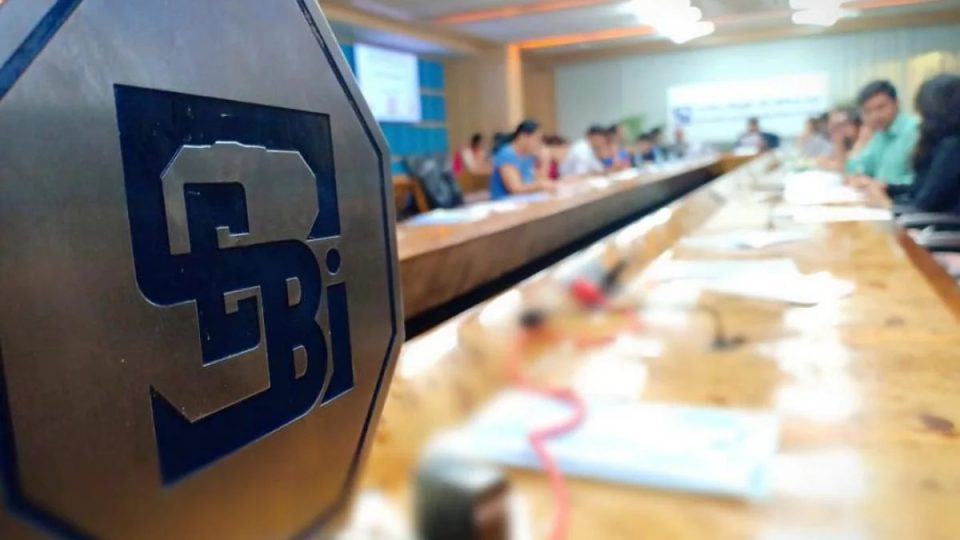The Securities and Exchange Board of India (SEBI) will likely approve sweeping changes to buyback regulations at its board meeting today. Among other things, regulators are expected to tighten disclosure norms and strengthen governance practices of market infrastructure institutions (MIIs).
The Primary Markets Advisory Committee (PMAC), chaired by KK Mistry, has proposed a sweeping overhaul of buyback regulation in the Indian market that, if implemented, would lead to the gradual cessation of the open market buyback route.
Under current regulations, shares repurchased from the open market through a stock exchange may not exceed 15% of a company’s paid-in capital and free reserves. It leads to the possibility of one shareholder’s entire transaction matching a purchase order placed by the company, depriving other shareholders of the benefit of the buyback. The report proposes a downward path that would gradually reduce the current threshold to 10% in April 2023, 5% in April 2024, and zero in April 2025.
Under current rules, the company has six months from the start of the offer to close to executing the buyback. This has the unwanted consequence of artificially boosting the stock price. To curb this market manipulation, the report proposes a downward path, reducing the extension period from six months to 66 working days, from April 2023 to 22 working days in April 2024. By April 2025, the report envisions a complete end to the extended timeline specification.
Current buyback regulations state that at least 50% of the amount earmarked for buybacks is used. The report recommends readjusting the ratio to 75%, effectively preventing companies from announcing buybacks without actually completing all announced buybacks. The report recommends that such restrictions apply only to buybacks through stock exchanges and not other mechanisms.
The report recommends that only companies with heavily traded shares should choose to conduct open market buybacks through stock exchanges.
Currently, there are price-related restrictions on the buyback terms. This led to rampant price manipulation, with company shares repurchased at even higher premiums. In this regard, the report recommends the following:
– The company shall not purchase more than 25% of the average daily trading volume (value) of its shares on any one day
– The company shall not participate in the first 30 minutes or the last 30 minutes of the regular trading session.
Under the proposed changes, any event that could affect at least 2% of a company’s turnover or 2% of its net assets, or 5% of its three-year after-tax profit or loss, would be considered a material disclosure.
SEBI is also considering halving the total disclosure time given to companies from 24 hours to 12 hours. Additionally, the proposed information should be disclosed within 30 minutes if a decision is taken at a board meeting.







